Whether we’re creating a new beauty destination focused on diversity and representation, breaking news on the #MeToo Movement, or dragging totally sexist ads, BuzzFeed’s commitment to gender equality and feminism has always been a key part of who we are — both at home in the U.S. and abroad.
So, in celebration of Women’s History Month in the U.S., we asked writers and editors from 10 of BuzzFeed’s international editions about how they approach publishing feminist content for their homepage and home countries.
Here’s what they said:
What are the main topics within feminism that resonate most with your audience?

Our audience has really strong opinions about feminism, and they like everything at the intersection of beauty, body, health and feminism. Generally, they like when content is empowering and when we help them to find their own voice, with a touch of badassery.
—Anaïs Bordages, associate editor // BuzzFeed France
Body positivity content and also, anything that celebrates sisterhood and friendship between women. In terms of videos, they also love “herstory” types of video, when we remember important women through history who didn't have the recognition they deserve. And everybody loooooves a good burn from feminist.
But if there is something they value the most, it's our focus on trending and breaking news … could be around the globe, as in the Weinstein case, or more in the Spanish news, like when some TV presenter is being super sexist.
—Beatriz Serrano, editor // BuzzFeed Spain
I think what resonates most with our readers has been body pos content as well as reproductive rights. There's a misconception that abortion is a settled issue in Canada and that access is great across the board — neither are true. I've also seen that stories involving teen girls using their voices are always loved because it's inspiring to see young women so empowered.
A great example of this is the story of an anonymous teen who sounded the alarm on a really disturbing anti-abortion presentation given at their Catholic school. There were a ton of reactions to the piece, both in shock at the content of the presentation, and in support of the teen for blowing the whistle
—Lauren Strapagiel, managing editor // BuzzFeed Canada.
Body positivity is huge on our page. Because South Asia has a normalized culture of colourism (for example, using skin lightening creams is common, and every young girl is recommended to use them), fat-shaming, as well as slut-shaming, content around these topics has been some of our most widely shared.
—Imaan Sheikh, staff writer // BuzzFeed India
What has worked best for us is matters of public outcry/reaction. Whenever something happens, we post about it in a Social News kind of way, and this is always controversial. Also feminist clichés. We’re also proud of this post, where we asked readers in Mexico to define what sexual assault means to them, and quantified the results. It's an adaptation of posts from both the U.S. and Brazil.
—Bibiñe Barud, senior editor // BuzzFeed Mexico
I don't necessarily think of our work covering sexual harassment and assault as explicitly feminist. As journalists, we're always interested in criminal behavior and abuse of power (though of course in this case the majority of the victims are women). We are not driven by politics or ideology, at least beyond the core belief that the job of a journalist is to break news, tell true stories, expose bad behavior, comfort the afflicted, and afflict the comfortable.
That said, if feminism is believing that women's stories matter, BuzzFeed News is feminist, and so are our readers. Stories about sexual harassment and violence have proven to be very resonant with our readers.
—Ellen Cushing, special projects editor // BuzzFeed News U.S.
Most feminist topics really resonate with our audience, which is amazing to see. But more specifically, there is always a tons of engagement with posts about body positivity. The younger generations seem to really "get it" and rally around the idea. I always think about how I wish I were able to see that kind of content when I was a teen.
—Loryn Brantz, senior writer and illustrator for BuzzFeed U.S.
Lately, harassment has been a big topic in Brazil. Feminism 101, which tackles the basics of feminism, also performs well. And people seem to like human interest stories with a feminist take A LOT. For example, this post about a girl who literally — and in a really funny way — pretends to be crazy AF when men starts harassing her through WhatsApp.
—Clarissa Passos, entertainment editor // BuzzFeed Brazil
Our female readers also see themselves as someone who deals with insecurity. Not only the personal/psychological kind, but also social/physical kind. Content that speaks to this and empowers women in that sense performs well.
—Luísa Pessoa, translation and adaptation editor // BuzzFeed Brazil
Our audience responds well to feel-good topics, such as body positivity or famous women in history. Generally, we focus on content that is not so much as explicitly feminist as it is relatable for girls and young women. Relationships are a common theme, be that to your partner, your family, your friends or to yourself.”
—Saba MBoundza, translation and adaptation editor // BuzzFeed Germany
Stories of women with initiative. Japan, as the 114th country in the gender gap index of the World Economic Forum, is pretty much behind in women’s success in the business world.Many women have to choose between a successful business career and family life, and it’s been so hard to manage both. The millennial generation does not have many positive role models, so our audience is encouraged by reading stories about women who choose to live their lives by their own will.
—Akiko Kobayashi, news editor, and Daichi Ito, deputy editor // BuzzFeed Japan
And what formats for feminist content resonate most for your edition?
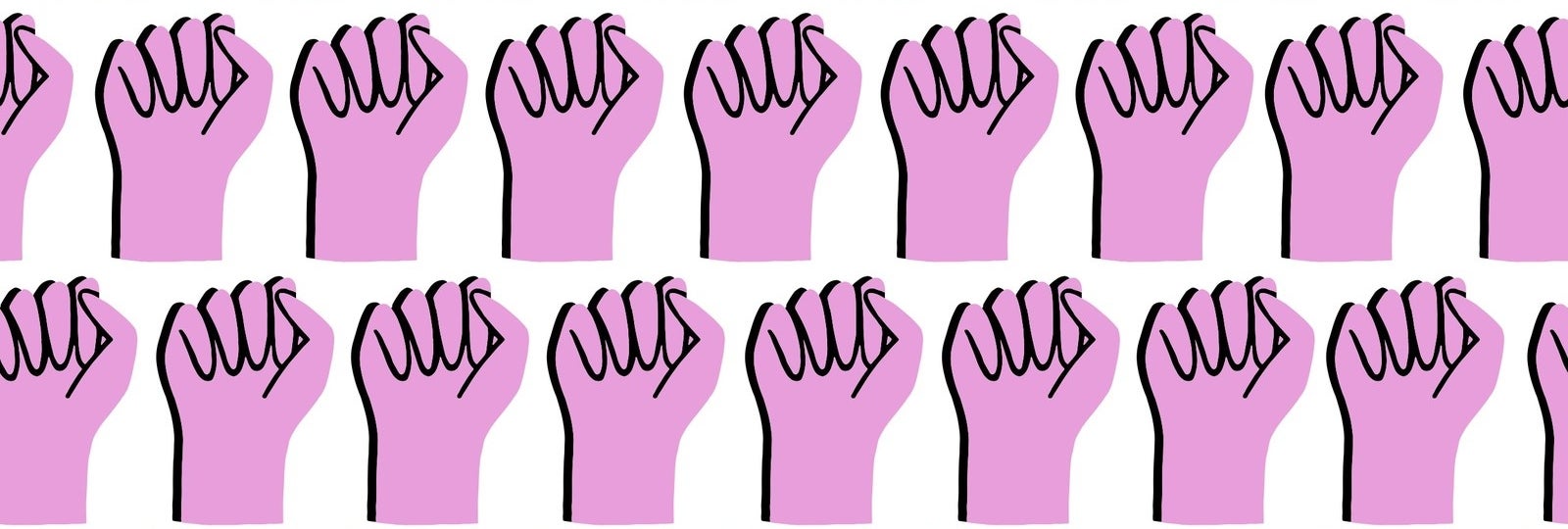
Personal essays go viral the most. Pieces like “Indian Women Are Never Taught How To Be Alone, And That's A Problem are often hits because they resonate with nearly every woman on our page. Soft-political stuff like this post about raising sons does really well too.
—Imaan Sheikh // BuzzFeed India
Identity and reaction/outcry posts. Both in listicle formats but, whenever we write a unconventional quiz, like this one where we “guess” if you’re a woman based on whether you’ve experienced common forms of sexism, work too.
—Bibiñe Barud // BuzzFeed Mexico
What I love about using illustration to talk about feminism is how immediate it can be. Instead of having to read through page after page, you can just sort of see it all at once. It really boils things down and makes it more accessible. It's more about showing than telling.
—Loryn Brantz, BuzzFeed U.S.
Quizzes work very well in Brazil in general. Identity posts work particularly if they go against the stereotype — i.e. posts about women who don't dig makeup; women who drink a lot; women who love to curse. We are now trying to get into personal essays, too.
—Clarissa Passos // BuzzFeed Brazil
For the German audience in general, posts about female health and sexuality often do very well. And memes, obviously. On the Schwester page [BuzzFeed Germany’s Facebook page dedicated to feminist content] .. This video ("I'd like to meet someone new" vs. *someone new starts talking to me*) and this video (“When I'm bored and I want him to pay attention to me”) also did well.
—Saba MBoundza // BuzzFeed Germany
“Interviews.”
—Akiko Kobayashi and Daichi Ito // BuzzFeed Japan
On the main page, identity posts, body positivity and humour resonate really well with our audience. On Meufs [BuzzFeed France’s dedicated feminist Facebook page], humour and educational content works really well … ie posts that explain and dissect the experiences of women and everyday sexism, like in "Here are all the things women subconsciously do to feel safe in the street".
—Anaïs Bordages // BuzzFeed France
Listicles of good burns, body positive content or just Disney princesses as feminist warriors always work in Spain … I think feminism is a topic that usually people read in a very serious and academic way, but you can also challenge that reality with a dose of humour. And our audience love that.
—Beatriz Serrano // BuzzFeed Spain
What kind of audience & response does feminist content on your edition typically find?
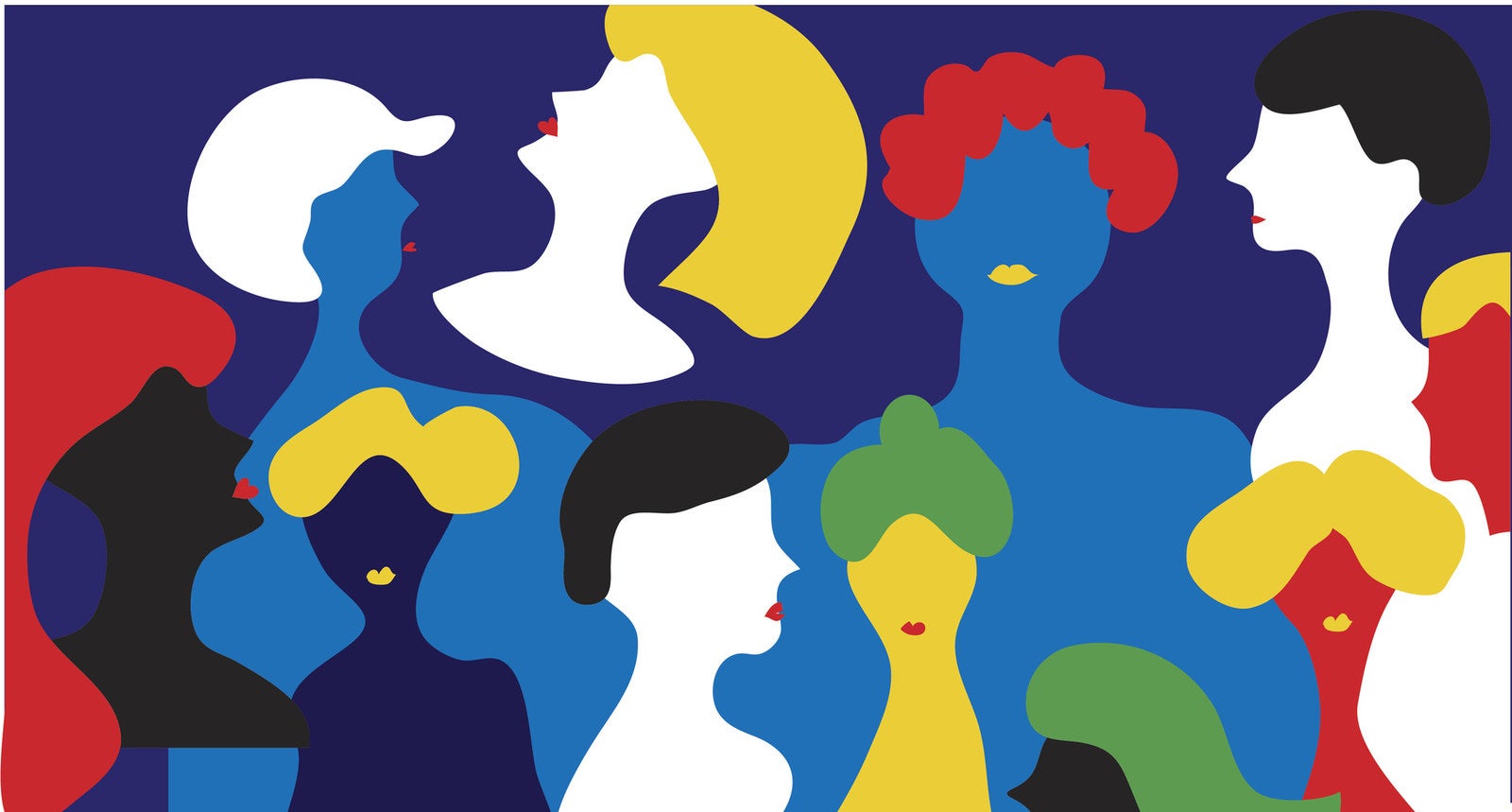
More fans than haters (probs 70/30), but the "machismo culture" is VERY clear in the comments section. They are so very loud.
—Bibiñe Barud // BuzzFeed Mexico
My favorite is seeing the teens in the comments! I'm pretty sure teen girls are going to save us all someday.
—Loryn Brantz, BuzzFeed U.S.
We draw more girls interested in sharing and learning about women's issues.
—Clarissa Passos // BuzzFeed Brazil
For Schwester, our audience is still really small, so we haven't had much negative feedback yet. The majority of comments are of people tagging one another, which is pretty much the standard on German Facebook.
—Saba MBoundza // BuzzFeed Germany
Women of the millennial generation, and influencers related to feminism.
—Akiko Kobayashi and Daichi Ito // BuzzFeed Japan
Feminist content draws a general audience AND niche activist audience, depending on the content. If it's about body positivity, sexual health, periods or daily life struggles, it usually draws a lot of our general audience because our audience is mainly female. If we make content more specifically about feminism itself, or rape culture, then it will draw a mix of general audience and people who are a bit more informed / curious about this specific topic.
—Anaïs Bordages // BuzzFeed France
It depends where we share the content. Twitter is more for activism. It's short, quick and our audience is mostly young women who want society to change … Facebook is the most amazing part: we find always an open (and respectful) discussion between women who love to learn and share their experiences … It feels amazing when you share a picture asking to women to recommend their favourite writer, and we get a lot of women sharing or asking for advice. Of course we have some #notallmen from time to time, and some anger, but we try to keep the place clean and safe for women who might see LOLA [BuzzFeed Spain’s dedicated page for women] as a safe place for discussion.
—Beatriz Serrano // BuzzFeed Spain
Of course, it draws extremely offended trolls who are 100% of the time men. But that's just a small percentage. Most women who engage with our posts are 18-26 years old, but younger, school-age girls and women in their thirties also often comment on/share more serious content. We make a lot of feminist memes for the 16-25 age bracket.
—Imaan Sheikh // BuzzFeed India
It's always hard to say — each story has a slightly different audience. But based on the feedback we've gotten, it's quite clear that harassment and assault are hugely important issues to many of our readers. Some have told us that our coverage has made them feel less alone in their own experiences; others are just happy to see stories that stayed in the shadows for years brought to light. I feel very grateful for our readers.
—Ellen Cushing // BuzzFeed News U.S.
Has the #MeToo Movement influenced the way feminist content is being published or received in your market?
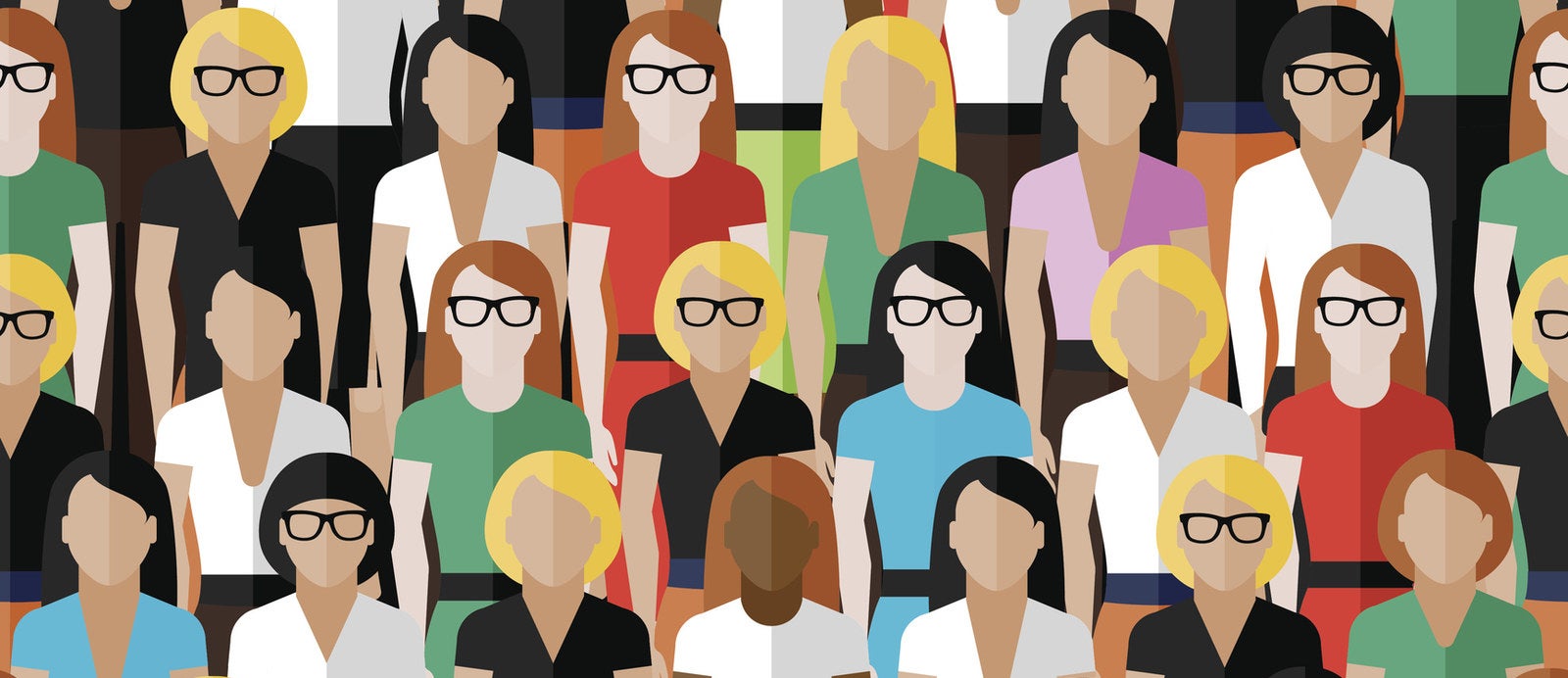
Yes. We are doing constant work around harassment since that. We had a great piece on stories of sexual harassment that happen behind the camera in the Brazilian entertainment industry.
—Clarissa Passos // BuzzFeed Brazil
And the movement is what inspired us to publish a huge incredible survey among our readers to find out what they consider to be sexual harassment. We got more than 30,000 responses and now are writing a bunch of posts from the data we collected. We already wrote one post with the survey results, one that compared the answers between men and women and we are planning to publish at least three more!
—Luísa Pessoa // BuzzFeed Brazil
Not yet, no. While it's an important movement that a lot of people can identify with, bold and in-your-face types of content regarding the underlying issues often meets negative or confused feedback. For example, take this post, translated from Spanish (English language here) that was a checklist of things that count as harassment.People were concerned that the line of questioning targeted men instead of all genders and disagreed that certain gestures were harassment. Perhaps it's because in German culture, cat-calling and overt flirting are not us prevalent as in others, since the social etiquette here values personal distance (we usually don't kiss strangers on cheeks for example.).
—Saba MBoundza // BuzzFeed Germany
Yes. We started campaign on sexual violence “#metoo” ahead of other media outlets in October 2017. In Japan, traditional media tends to avoid coverage about sexual violence and feminism. But after our campaign, they started to cover them. And we joined the “#WeToo Japan” platform, which promotes women’s rights, as a media partner in February2018.
—Akiko Kobayashi and Daichi Ito // BuzzFeed Japan
BuzzFeed News has been tenaciously covering sexual assault since long before #MeToo. It's an issue that's always resonated with our readers, and that we have devoted considerable resources and attention to for years. #MeToo did not change our approach to or interest in these stories — but it did inspire people to come forward like never before.
Many of them chose to tell their stories to BuzzFeed News, and in the fall of 2018, we published more than a dozen original enterprise stories about sexual harassment and assault as a direct result of people coming forward.
—Ellen Cushing // BuzzFeed News U.S.
Our strategy after the movement was to double down on educational content, because a lot of people are only now discovering a lot of things about harassment and rape culture. We also made a lot of "angry" content because the #MeToo Movement awakened a lot of anger for a lot of women. It created a kind of catharsis, and we definitely wanted to make content that reflected that and acknowledged how serious an issue this is.
—Anaïs Bordages // BuzzFeed France
The #MeToo movement opened a global conversation around sexual harassment ... At the same time during the #MeToo movement, there was an important trial in Spain we covered in every possible way we could called the "La Manada case." … I think that made a huge difference. I think there is a LOLA before the La Manada case, and a LOLA after that.”
—Beatriz Serrano // BuzzFeed Spain
Powerful men were already being called out in India for a few years before #MeToo, but the reactions to this movement have inspired a lot of pitches for essays, posts and videos about women opening up about trauma and abuse. Even in a public space like our comments section on Facebook, women are opepning up about these things.
—Imaan Sheikh // BuzzFeed India
Yes, especially since we had a major movement in Mexico too, led by Karla Souza, and it made some serious noise.
—Bibiñe Barud // BuzzFeed Mexico
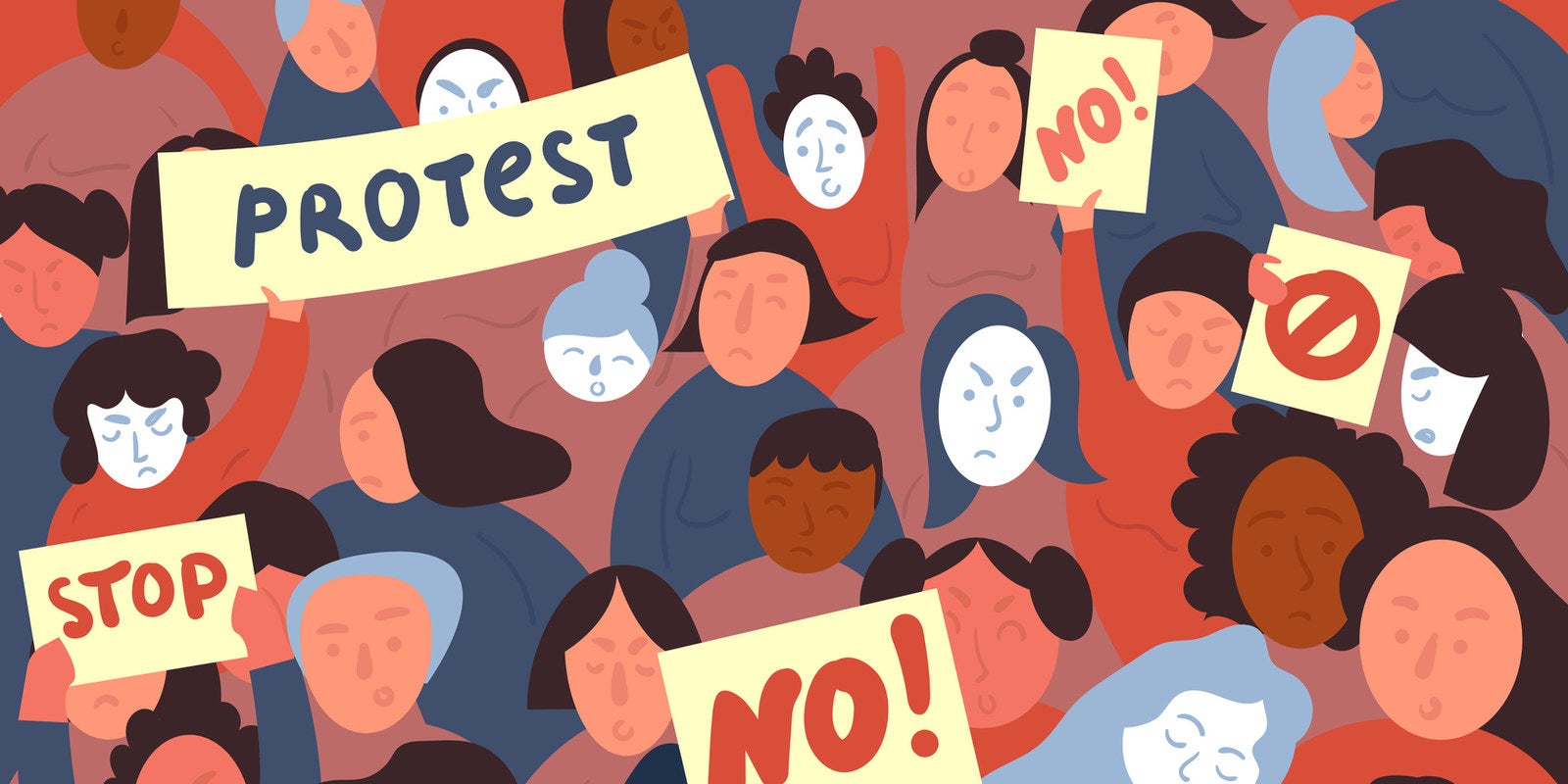
The momentum, in Brazil and in the world, is building for social justice, and women’s issues are very advanced in that area. I guess it's simply time!
—Clarissa Passos // BuzzFeed Brazil
The majority of our Facebook audience is female, and we wanted to have a platform to display our female-focussed content even more prominently.
—Saba MBoundza // BuzzFeed Germany
We had been making feminist content since we started BuzzFeed France, because it's always been a part of BuzzFeed's DNA and a core part of our values...We publish so much content on our site and our main page that it's easy to get lost, and this is an important topic that we didn't want to get sidelined. It's also a way to go beyond posts by creating videos and distributed content that really resonate with our audience, and by being able to connect directly with them.
—Anaïs Bordages // BuzzFeed France
Since we launched BuzzFeed Spain, I was in charge of writing about women's rights and women-related issues. We realized that my content about this topic worked really well in Spain. So we saw the opportunity.
Then I also realized that, even if we have a lot of strong and sassy women on Twitter, we didn't have something that I define as "Tumblr feminism", or, as we name after, pop feminism. In Spain, the big part of the feminist content that I usually find online was too academic, too serious and, if I can say, too specialized for beginners … What we want it was to translate the BuzzFeed vibe to our feminism content. Because even if we are fighting the patriarchy we can have a laugh.
—Beatriz Serrano // BuzzFeed Spain
And finally, what's a feminist post that has been hugely popular on your edition recently?
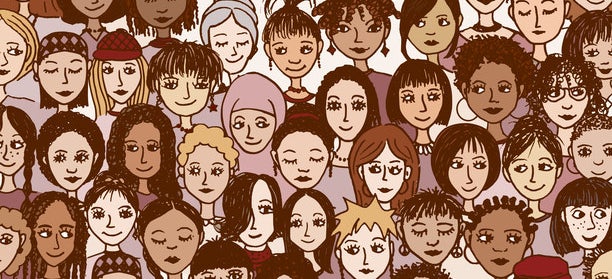
- BuzzFeed France: Here are all the things women subconsciously do to feel safe in the street (Link in French)
- BuzzFeed Japan: This Woman Thought Her Ovarian Cysts Were Just Weight Gain, And Now She Wants To Stop Others From Making That Mistake (English version here)
- BuzzFeed Mexico: People Are Very Confused With YosStop's Statements About The Case of Karla Souza (Link in Spanish)
- BuzzFeed Spain: 47 Signs From The March 8 Feminist Rally That You Will Want To Print And Hang On Your Wall (Link in Spanish)
- BuzzFeed U.S.: 17 Types Of Male "Feminists" That Need To Be Stopped.
- BuzzFeed Germany: 25 Historical Photos of Women Who Had The Ovaries To Take Life By The Balls (Link in German)
You can check out all of BuzzFeed's international editions here.
And for more translated content and BuzzFeed International goodness, subscribe to Inter Webz: our new bi-weekly newsletter bringing you the best of the 'net from around the world.


